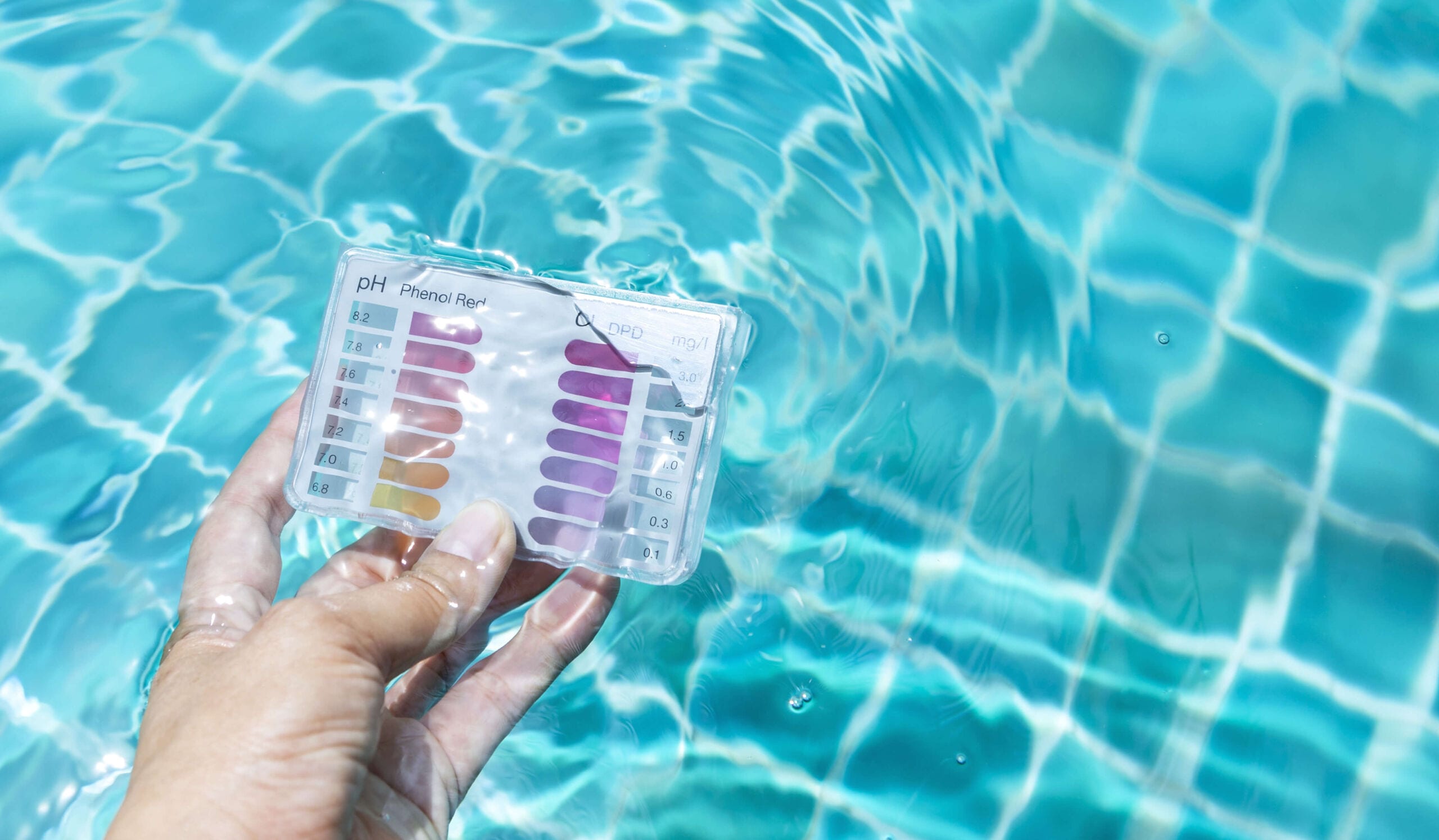How to Clean Swimming Pool Water?
Looking for swimming pool water testing? Do you have a swimming pool at your place? How often do you clean it? Pool maintenance is mandatory, but many users ignore its cleaning and maintenance. At least, water changing should be done on time. How do you conduct swimming pool water testing? Is it necessary? Yes, it is necessary and one should change it after a few days to keep the pool tidy and clean.
How do you clean swimming pool water? It is the most important part of a swimming pool that one should not keep dirty. Keep the water and pool surroundings hygiene so that you may enjoy quality time with your loved ones. Stagnant water gets dirty soon, it is the reason to keep the water clean. On the other hand, moving water is clean, but you don’t enjoy this facility with pools in your homes.
No matter if your pool size is small, medium, or big, cleaning is a must. One should do cleaning, even for a luxury swimming pool. Let’s find out the pool cleaning tips at home in easy steps!
Step 1
Water balance is a must for cleaning the pool. Always keep in mind the Ph, calcium hardness, and alkalinity in mind when you clean the pool. You need to balance these things for cleaning the pool. Without testing the calcium hardness, you can’t manage cleaning. Hence, you search for a range when cleaning with a kit. Calcium testing becomes easier with the kit, so you get to know about the hardness in a short time.
Step 2
After you have undergone testing with a kit, the next option is to keep the water soft and hard using a good quality kit. It depends on the reading, so you decide accordingly whether to keep it hard or soft. Calcium carbonate is added to harden the water, as far as softening is a concern, you may add sodium hexametaphosphate. These are the steps you should consider important for cleaning the concreate plunge pool.
Step 3
For cleaning a swimming pool, one has to deal with hardness first. After working on calcium hardness, you move to alkalinity. The ideal range is 100 ppm to 120 ppm for checking the alkaline range. For this, you must use good-quality kits to conduct the test. Finally, you can add sodium bicarbonate to reduce the alkalinity in the pool. It is an essential step for conducting swimming pool water testing. Never skip this step.



